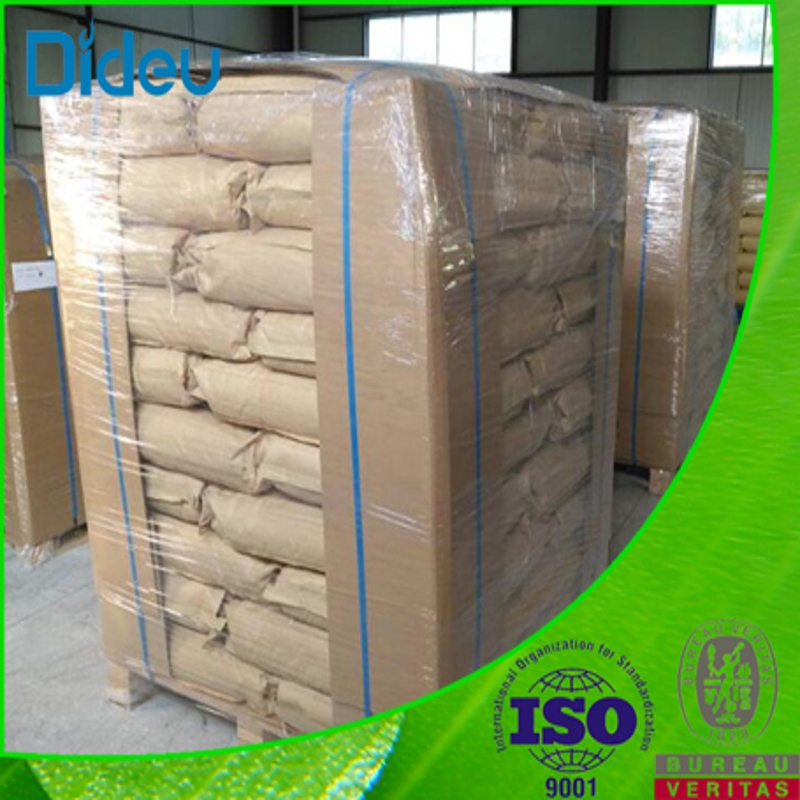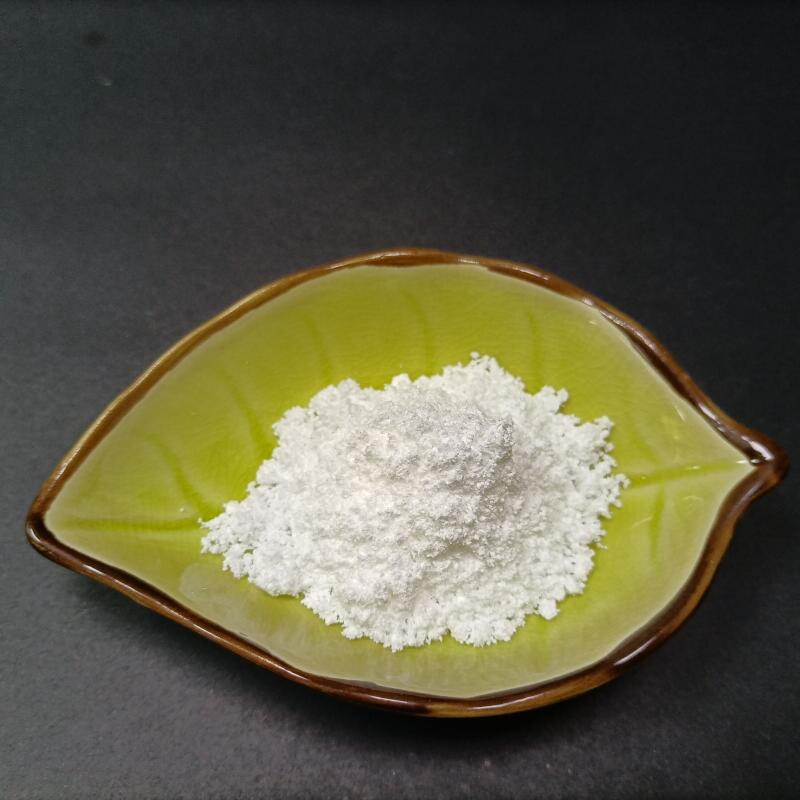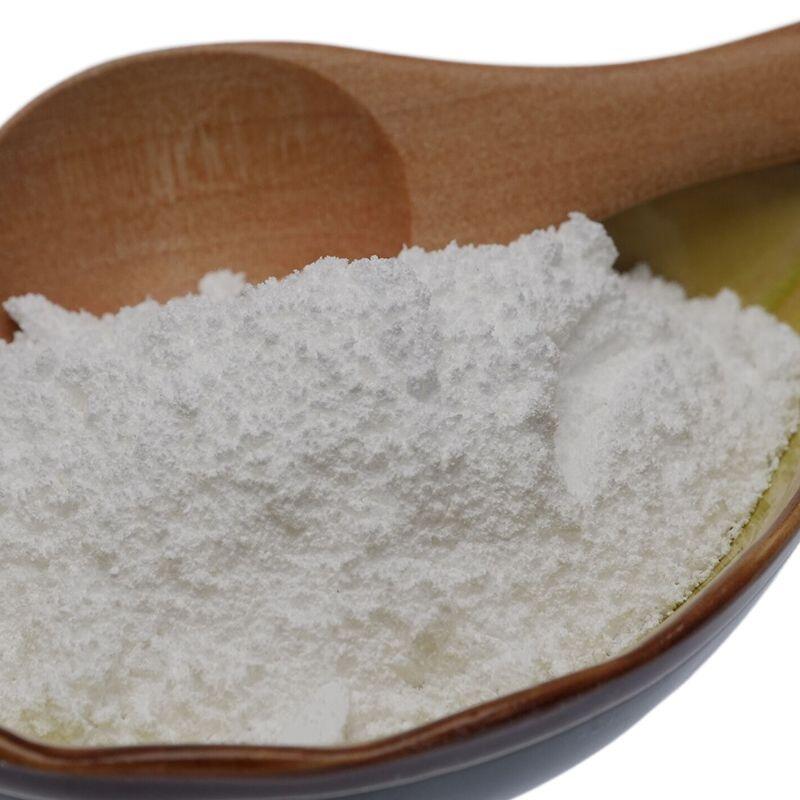-
Categories
-
Pharmaceutical Intermediates
-
Active Pharmaceutical Ingredients
-
Food Additives
- Industrial Coatings
- Agrochemicals
- Dyes and Pigments
- Surfactant
- Flavors and Fragrances
- Chemical Reagents
- Catalyst and Auxiliary
- Natural Products
- Inorganic Chemistry
-
Organic Chemistry
-
Biochemical Engineering
- Analytical Chemistry
-
Cosmetic Ingredient
- Water Treatment Chemical
-
Pharmaceutical Intermediates
Promotion
ECHEMI Mall
Wholesale
Weekly Price
Exhibition
News
-
Trade Service
2,4-Hexadienoic acid, also known as 2,4-hexadiene-1,5-dicarboxylic acid, is a naturally occurring fatty acid that is commonly found in various plant sources such as sunflower, corn, and soybeans.
It has been widely used in the chemical industry as a building block for the production of various chemicals, such as lubricants, surfactants, and plastics.
The safety of 2,4-hexadienoic acid has been a topic of much debate in recent years, with some studies suggesting that it may be harmful to human health.
In this article, we will explore the potential health risks associated with 2,4-hexadienoic acid and what steps can be taken to ensure the safe handling and use of this chemical in the chemical industry.
Potential Health Risks
2,4-hexadienoic acid has been shown to have potential health risks when ingested, inhaled, or come into contact with the skin.
Studies have suggested that exposure to high levels of 2,4-hexadienoic acid may cause liver and kidney damage, as well as neurological and reproductive problems.
Ingestion: Ingestion of 2,4-hexadienoic acid can cause stomach upset, nausea, and vomiting.
In severe cases, it can also cause liver and kidney damage.
Inhalation: Inhalation of 2,4-hexadienoic acid can cause respiratory problems, such as coughing and difficulty breathing.
Prolonged exposure to high levels of 2,4-hexadienoic acid through inhalation can also cause neurological problems, such as memory loss and coordination problems.
Skin Contact: Contact with 2,4-hexadienoic acid can cause skin irritation, including redness, itching, and blistering.
Prolonged exposure to high levels of 2,4-hexadienoic acid through skin contact can also cause reproductive problems.
Steps to Ensure Safe Handling
To ensure the safe handling of 2,4-hexadienoic acid in the chemical industry, the following steps should be taken:
- Proper Storage: 2,4-hexadienoic acid should be stored in a cool, dry place and kept away from direct sunlight.
It should also be stored away from sources of ignition, such as heat, sparks, and open flames. - Proper Handling: 2,4-hexadienoic acid should be handled with care to prevent spills and leaks.
Personnel handling this chemical should wear appropriate protective clothing, including gloves, safety glasses, and lab coats. - Proper Disposal: Any waste containing 2,4-hexadienoic acid should be disposed of in accordance with local regulations and guidelines.
This may include incineration or disposal in a hazardous waste facility. - Proper Training: All personnel handling 2,4-hexadienoic acid should receive proper training on the safe handling, storage, and disposal of this chemical.
They should also be aware of the potential health risks associated with exposure to 2,4-hexadienoic acid.
Conclusion
2,4-hexadienoic acid is a naturally occurring fatty acid that has been widely used in the chemical industry as a building block for the production of various chemicals.
While it has potential health risks when ingested, inhaled, or come into contact with the skin, these risks can be minimized through proper handling, storage, and disposal.
By following safe handling practices and providing proper training to personnel, the chemical industry can ensure the safe use of 2,4-hexadienoic acid and reduce the risk of harm to human health.







